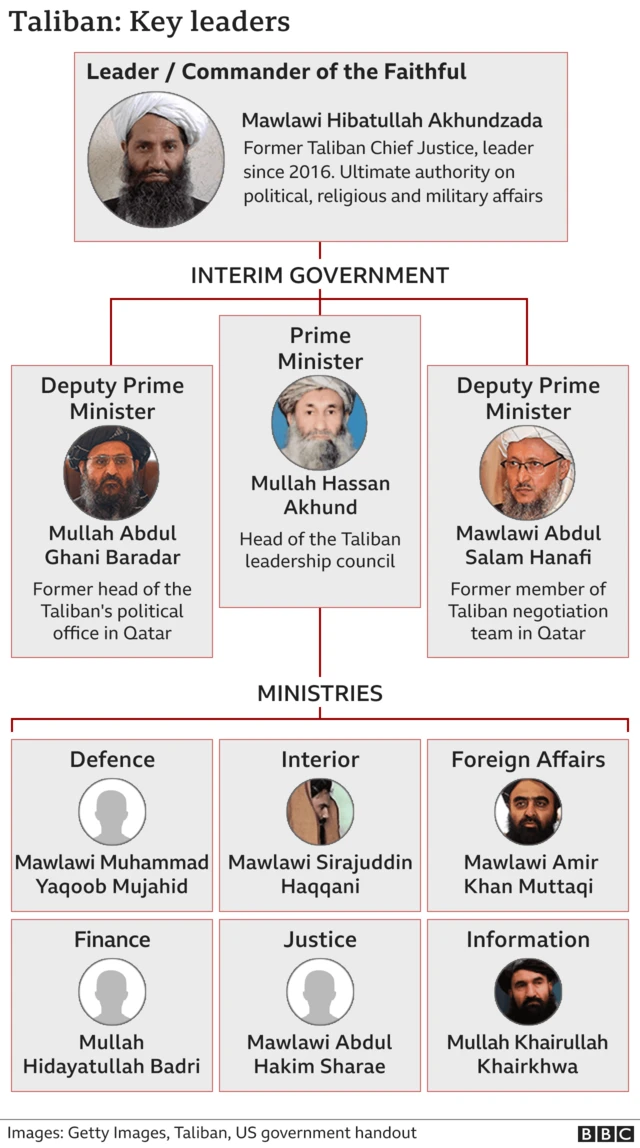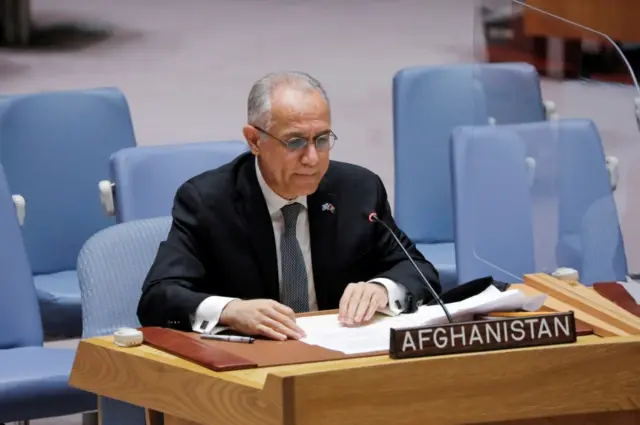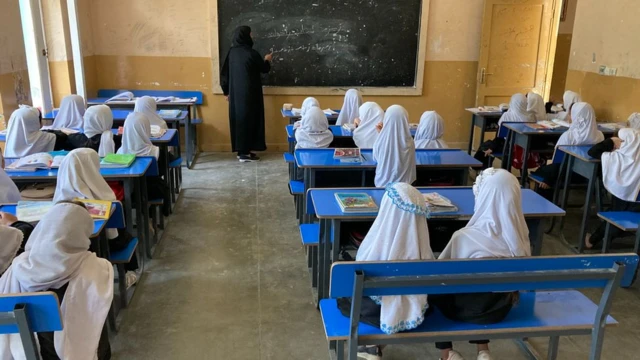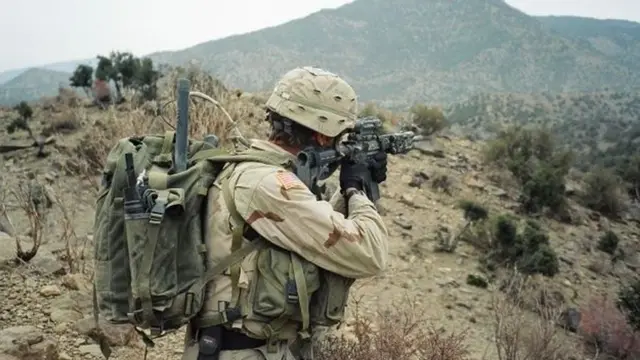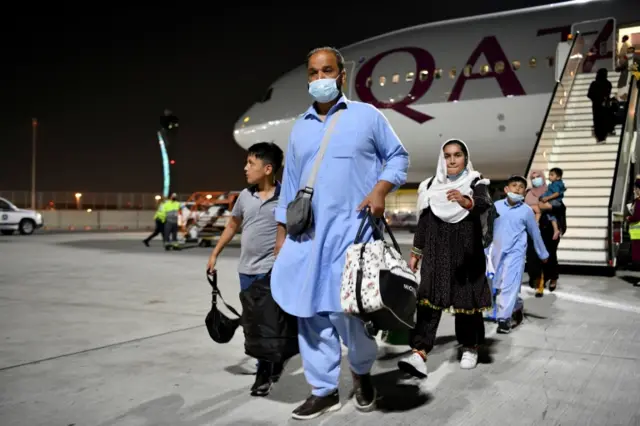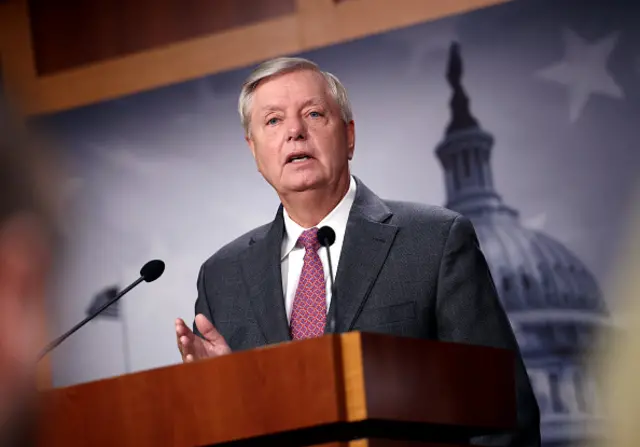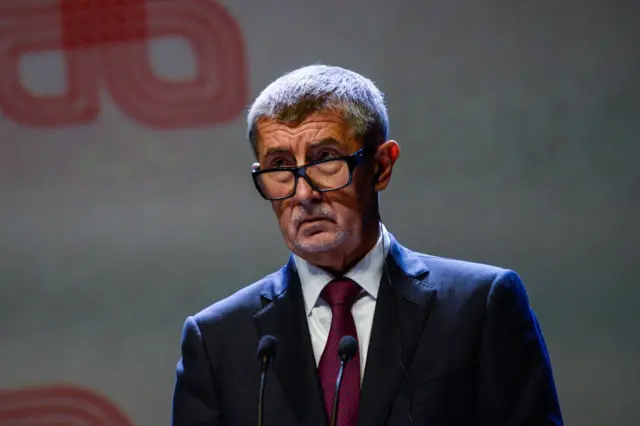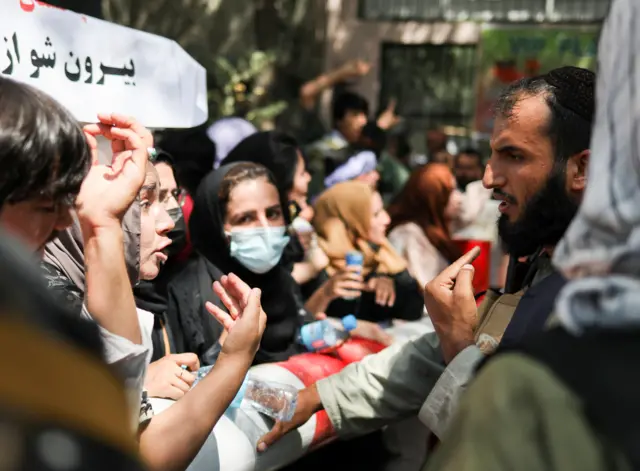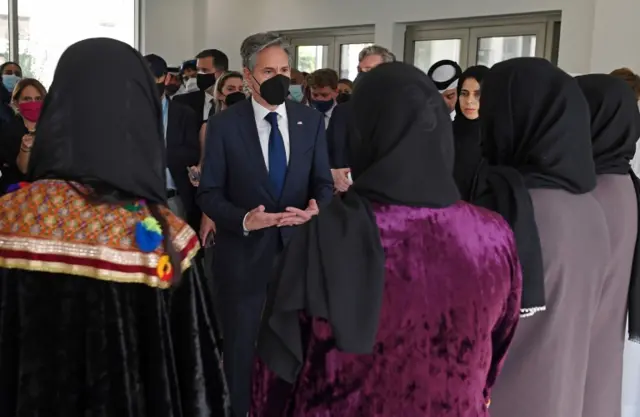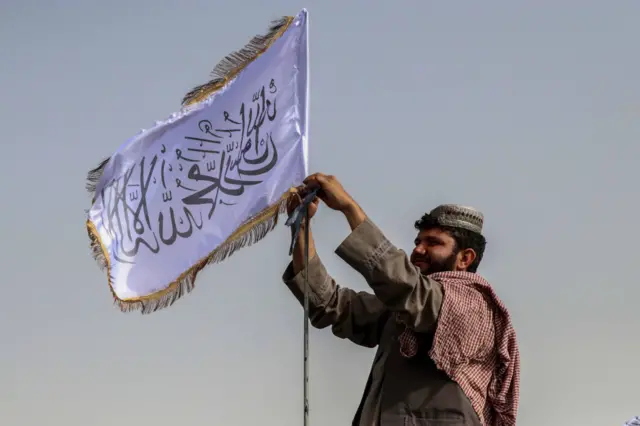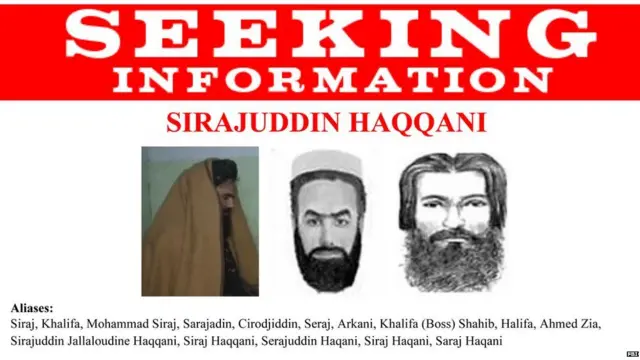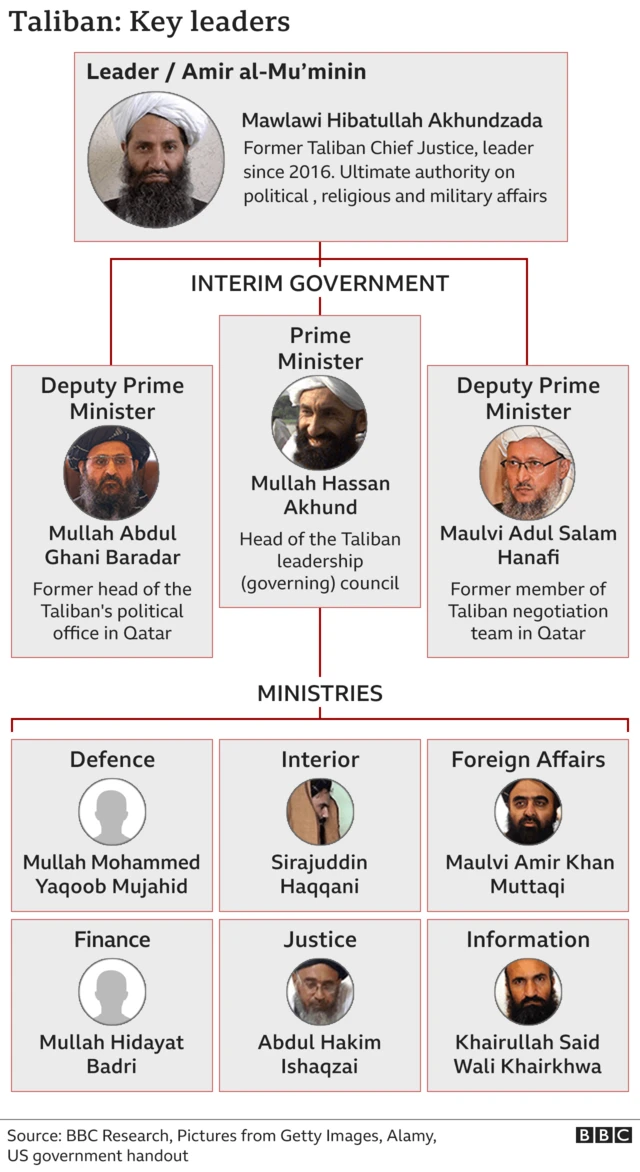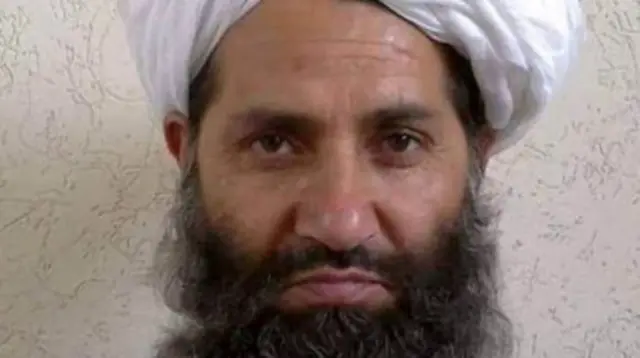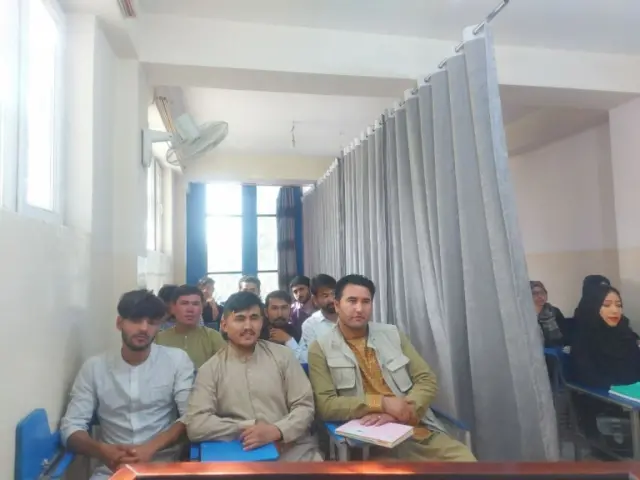How the Taliban's new order lookspublished at 10:18 BST 10 September 2021
As we reflect on the 20-year conflict in Afghanistan, our chief international correspondent Lyse Doucet has been looking at who is in the Taliban's new government and what it will mean for the country.
Judge them by their actions, not their words, has become the mantra of a fast-expanding league of Taliban watchers including Afghans, foreign governments, humanitarian chiefs and political pundits the world over.
But Afghans are watching most closely of all. They have to.
On a day when brave protesters with bold banners spilled into the streets of Kabul and other cities - Afghan women leading the charge to demand their rights, their representation, their roles in society - the new Taliban government was unveiled.
Was this more evidence of the media-savvy Taliban? It temporarily knocked news of Taliban firing guns in the air, wielding rifle butts and sticks to disperse protesters, out of the world's headlines.
But it was a modest ceremony on Wednesday, in the mundane setting of a press conference, for such a momentous, much-anticipated message. It electrified social media, and delivered a gut punch to those who had held fast to Taliban promises.
Far from being inclusive, it is exclusively Taliban. The old organigram of the Taliban movement, with its commissions, deputies, and the all-powerful Emir Hibatullah Akhundzada, has been transplanted into a cabinet with the same political architecture of governments everywhere.
